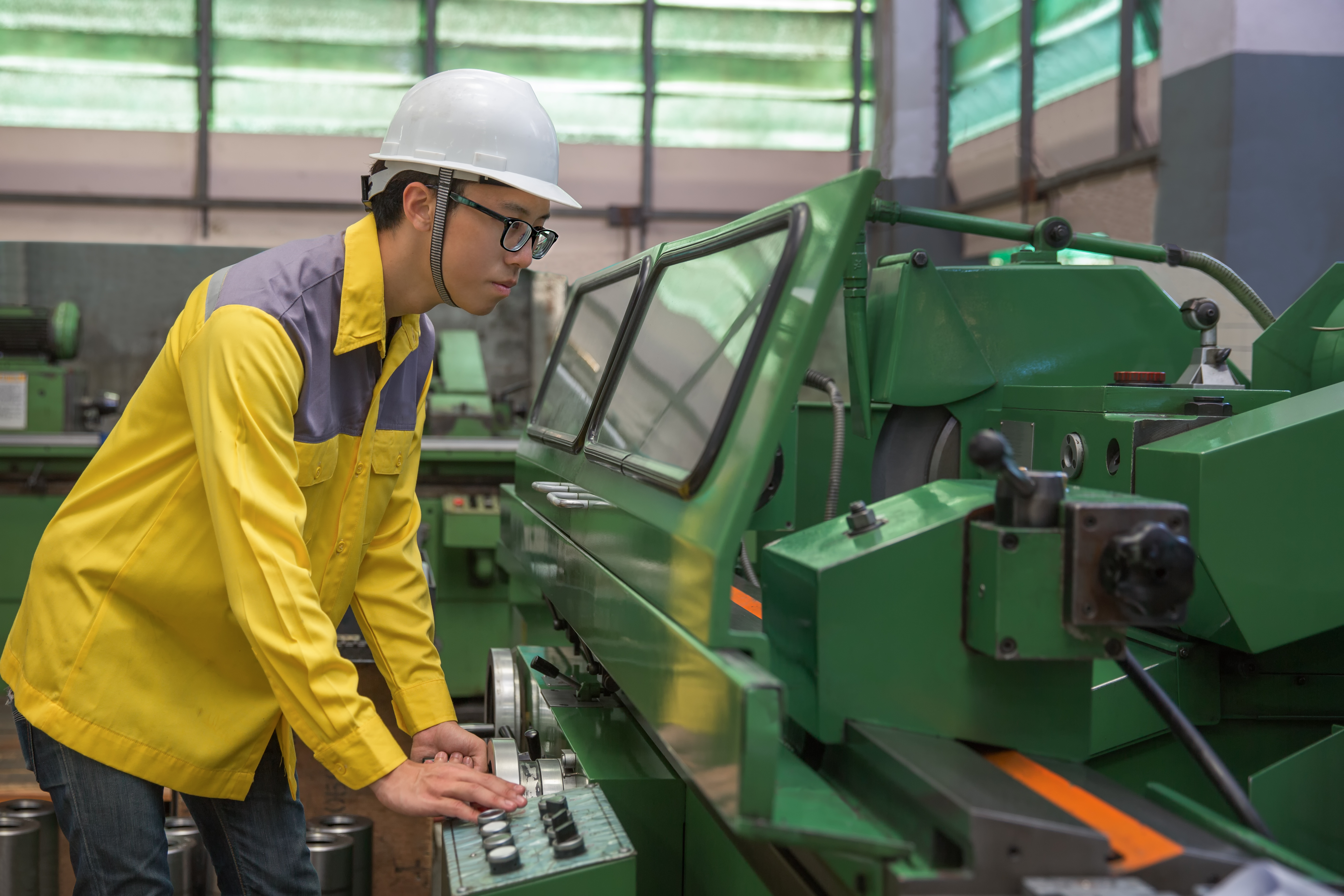
In the business management context, continuous improvement means a never-ending effort to identify and eliminate the root causes of problems that produce errors or diminish customer value. Most often, it consists of many incremental improvements rather than one drastic change. Continuous improvement is an integral part of Japanese culture, which endeavors to improve on an ongoing basis. In Japan, improvement involves everyone, including management and labor, in finding and eliminating waste in materials, labor, machinery, and production methods.
The Japanese word Kaizen is often used interchangeably with the idea of continuous improvement. The Japanese character kai means change, and the character zen means good. Thus, Kaizen is good change.
Even though Kaizen is a Japanese idea, many companies in the US have implemented it with great success by joining the best of traditional Japanese management practices with the strengths of Western businesses. By combining the benefits of teamwork with the individual’s creativity, the best of both worlds results. Kaizen is closely associated with lean manufacturing in the West because continuous improvement combined with just-in-time manufacturing principles form the foundation of lean.
![]()
